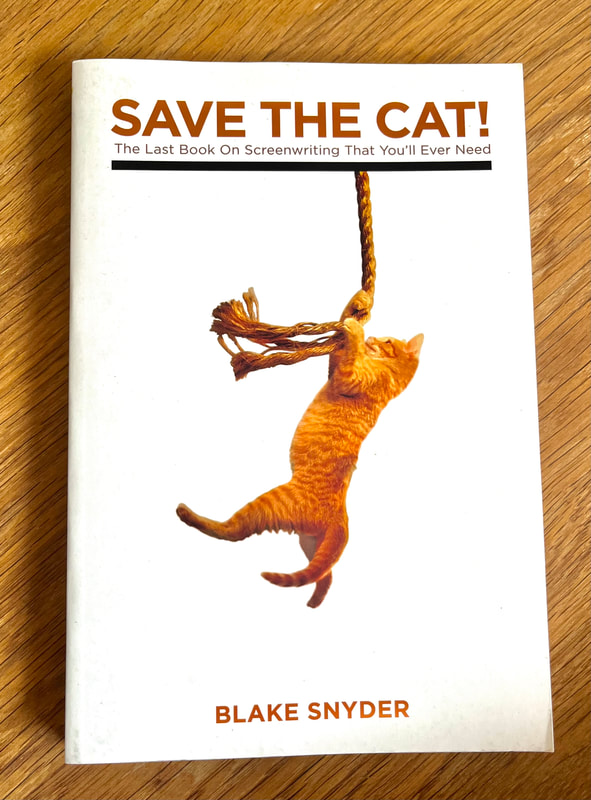The editor who reads too much |
|
Before you start, get some tips from the pros In 2017, I went to the Emirates Festival of Literature and had the pleasure of hearing Andrew Davies and Kathy Reichs (hosted by Fiona Lindsey) give a talk titled ‘From book to screen: Getting adaptations right.’ Davies adapted House of Cards, Middlemarch, Pride and Prejudice (1995), Bleak House and War & Peace into screenplays. He is THE man to look to for advice when adapting historical fiction for the screen. He shared the tips and tricks he uses to defeat a blank page and get words down. Top tips
Keep the above list handy because you’ll keep referring to it when you need to make a decision but are wavering between A or B. This list will remind you what matters. Fiction considerations
These are self-explanatory, so I’ll let them stand! Know thy audience
When writing a book, knowing your audience is vital. The same is true with writing a script. But you have to acknowledge that the film will never be the book, and it shouldn’t try to be. It’s going to be the amalgamation of several different people’s (script writer, director, set designer, costume designer) imaginations. Davies and Reichs had some nice soundbites! My favorite was: ‘A good adaptation isn’t necessary faithful to the original. It’s not criteria for it.’ It’s important not to get hung up in making every audience member happy. You’ll never accomplish that. The goal should be to tell a good story that happens to have already been published. It’s a new version of that same story. Stay realistic Davies and Reichs said be wary of how things will work once your script is acquired. Scripts get changed! Budgets play a huge role in how a film is created. The actor you want is unavailable! etc. The actor that was hired can’t deliver. (Some actors can deliver, some can’t.) Timing You’re limited on time!
The tech side Things can get more technical than this, but you can still have the basic writing tools and be just fine!
A typical workday Andrew Davies says this is his typical workday. (He was eighty-years-old in 2017!)
Script accepted and ready to roll? Know this! On set, the writer is the only person without a job! You’re there to consult, but that’s about it. Many of the key factors are out of your hands at this point. Don’t be too upset when lines get cut, or rearranged. The director is doing their best to make it work visually. In my next post, I’ll go into detail about my process for adapting a manuscript. Comments are closed.
|
Categories
All
Archives
July 2024
�
Posts on editing
Posts on books
Posts on publishing
Everything Else!
|

